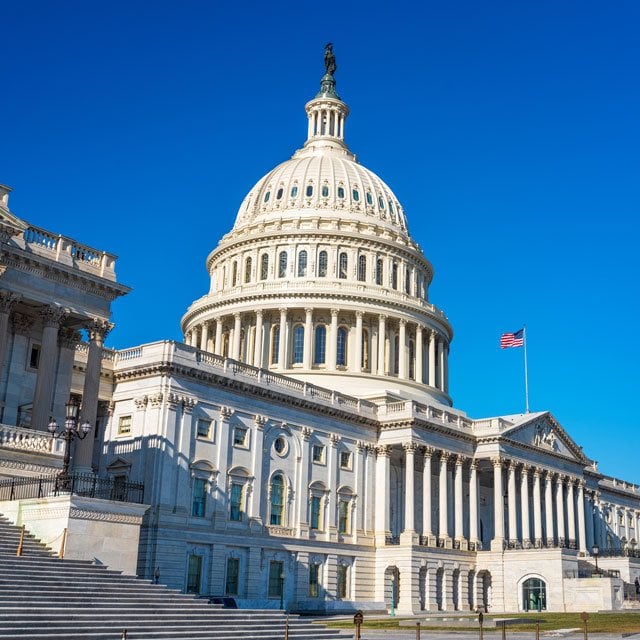Lawmakers Grapple With 'Accredited Investor' Definition

Lawmakers debated Wednesday during a House hearing whether the definition of accredited investor should be amended further, zeroing in on an upcoming proposed rulemaking by the Securities and Exchange Commission.
“Congress must modernize the outdated accredited investor definition and expand the number of individuals who qualify as accredited investors to open up more funding opportunities for all entrepreneurs,” Rep. Ann Wagner, R-Mo., chairwoman of the House Financial Services Capital Markets Subcommittee, said during the hearing, titled “Sophistication or Discrimination? How the Accredited Investor Definition Unfairly Limits Investment Access for the Non-wealthy and the Need for Reform.”
At issue during the hearing was the SEC’s plan to issue in April an update to the financial thresholds in the accredited investor definition.
“It is no secret that SEC Chairman Gary Gensler’s agenda includes sweeping new regulations in our private markets that would create barriers for investors and entrepreneurs to participate in those markets,” Wagner said during the hearing.
According to the SEC’s rulemaking agenda, Gensler intends to amend “the accredited investor definition by increasing the annual income and net worth thresholds.”
Rep. Brad Sherman, D-Calif., said that “we need a definition of a private placement that makes sense and that doesn’t mean it should be more restrictive or less restrictive than we have now, but it should be different.”
Private markets “are important,” Sherman said. “They’re inherently risky, they tend to be small and start-up. You don’t get the level of information, you don’t have the level of liquidity; we shouldn’t be lowering standards, but we should be rationalizing standards. We shouldn’t have wealth as a barrier we should have sophistication and we have to define what is a sophisticated investor — determine whether you can be vicariously sophisticated by hiring an advisor and any advisor has got to be absolutely independent.”




